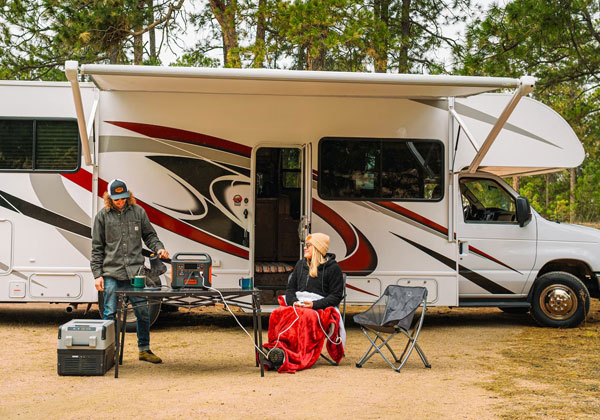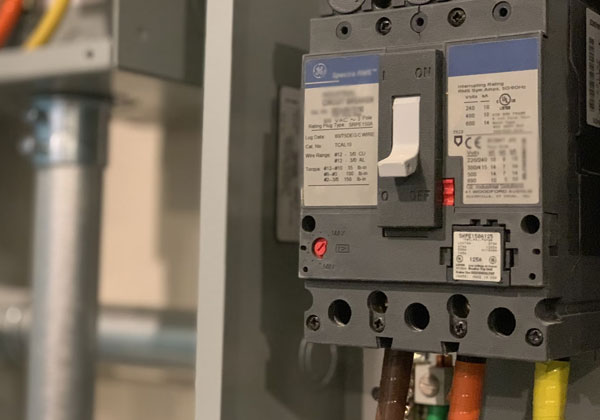RV Electricity Basics
If you’re a new RV owner, you may be feeling a bit overwhelmed by all the things you need to learn in order to properly take care of your vehicle. One of the most important systems in your RV is the electrical system. In this blog post, we’ll give you a crash course in RV electricity so that you can feel confident when dealing with your electrical system.
How RV Electrical Systems Work
RV electrical systems are very similar to the electrical system in a house. They both use 120-volt alternating current (AC) and 12-volt direct current (DC). The main difference is that RVs have a lot more 12-volt DC appliances than houses do.

The 120-volt AC power comes from shore power (hooking up to an external power source like at an RV park) or from a generator. It powers things like air conditioners, microwaves, and hair dryers. The 12-volt DC power comes from batteries and is used to power things like lights, the water pump, and the furnace fan.
Your RV has two different types of circuits: 120-volt AC and 12-volt DC. The 120-volt AC circuit is protected by circuit breakers, while the 12-volt DC circuit is protected by fuses. If something goes wrong with either circuit, it’s important to know how to reset the breaker or replace the fuse.
Common RV Electricity Problems
One of the most common RV electricity problems is tripped circuit breakers. This usually happens when too many devices are plugged into one circuit. If this happens, simply reset the breaker by flipping the switch back to the “on” position.

Another common problem is blown fuses. This can happen for a number of reasons, but it’s usually because of a short circuit or an appliance that’s drawing too much power. If you find a blown fuse, replace it with a new one that has the same amperage rating.
Conclusion:
We hope this blog post has given you a better understanding of how RV electrical systems work and what you need to do if something goes wrong. Remember, if you ever have any questions or concerns about your RV’s electrical system, don’t hesitate to ask a professional for help.
